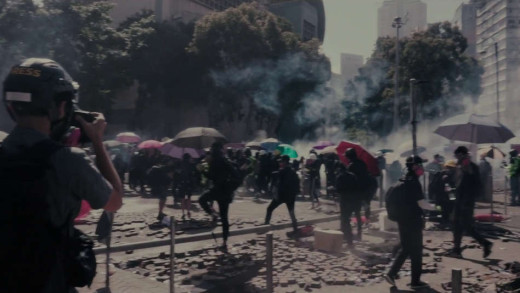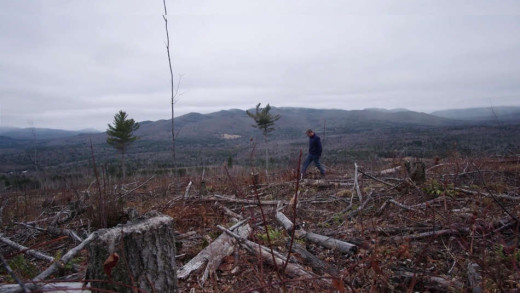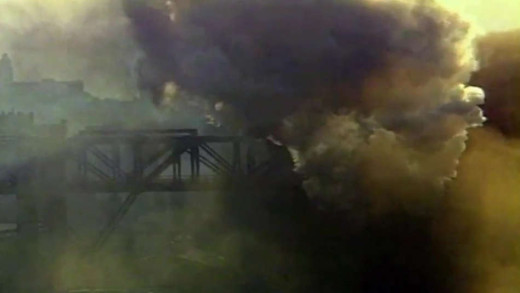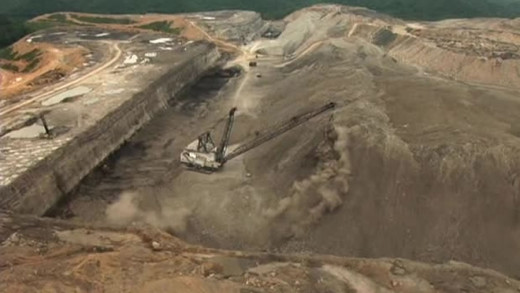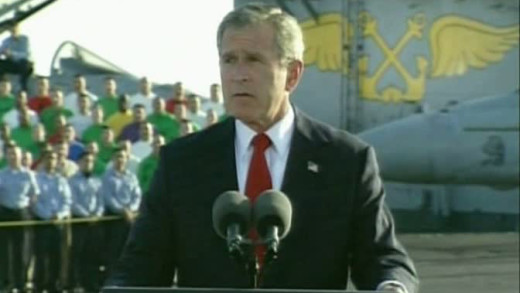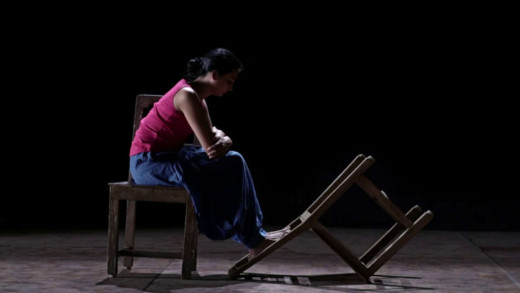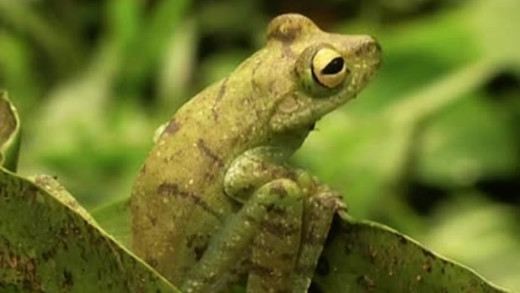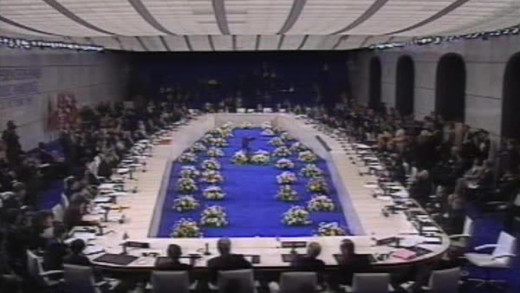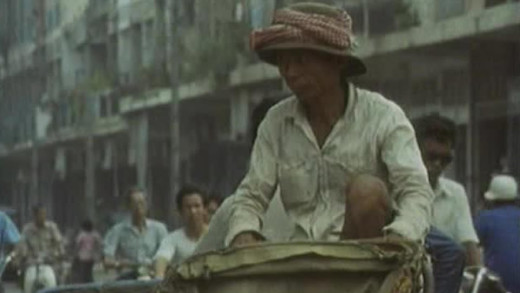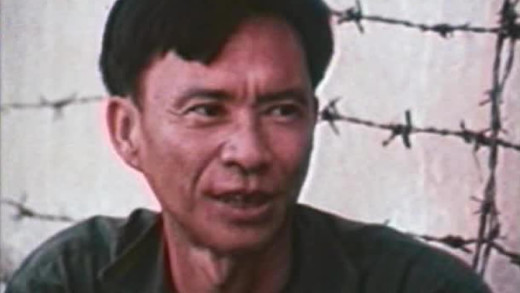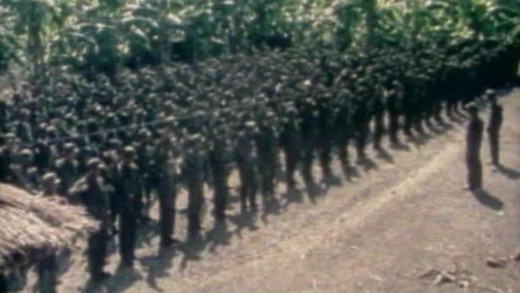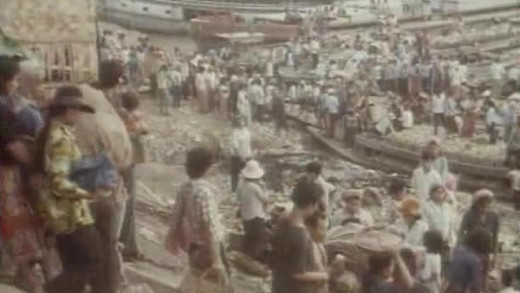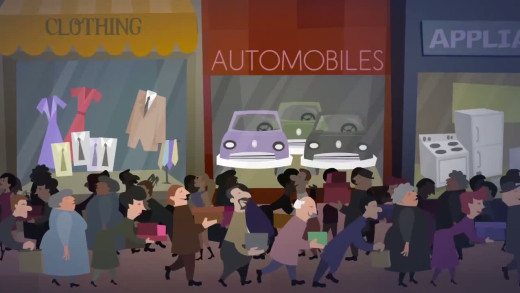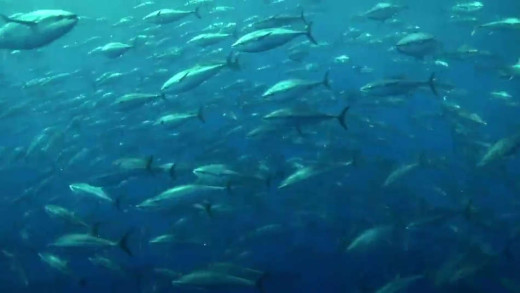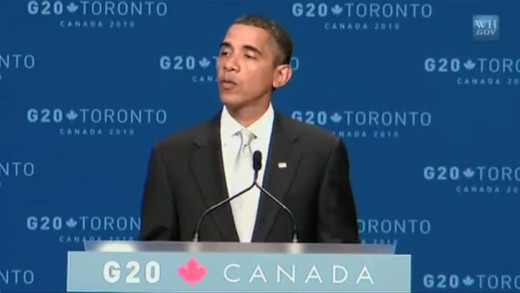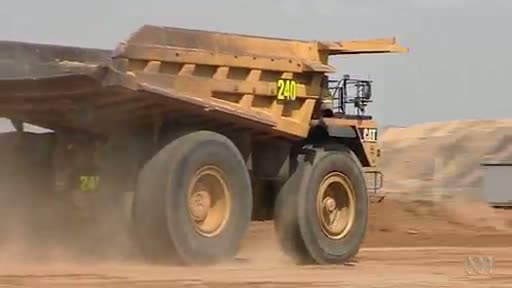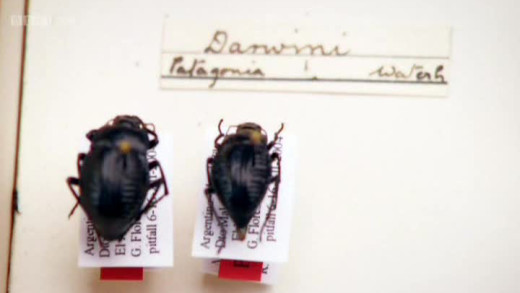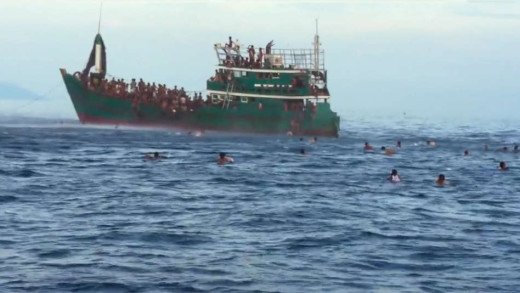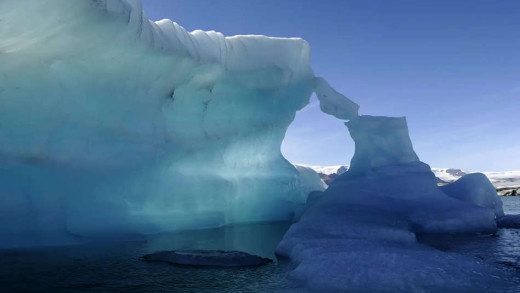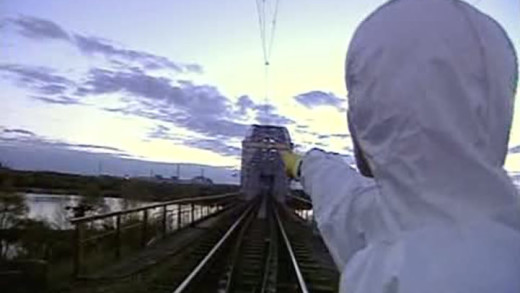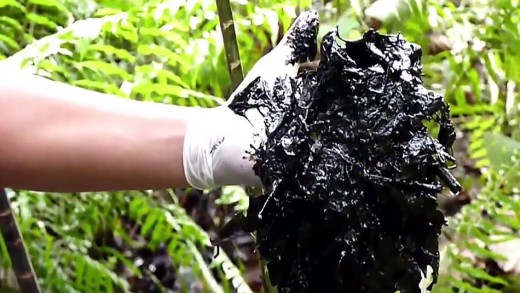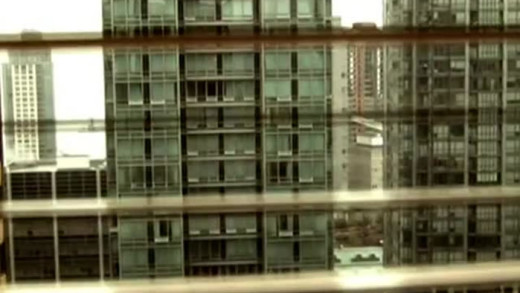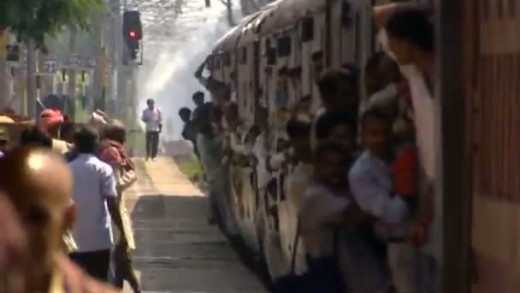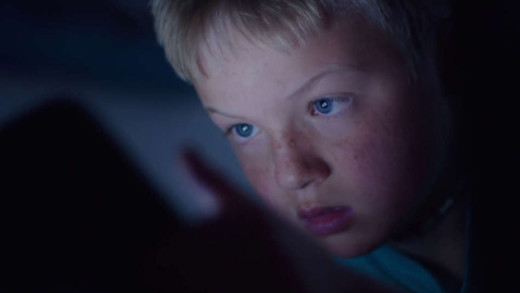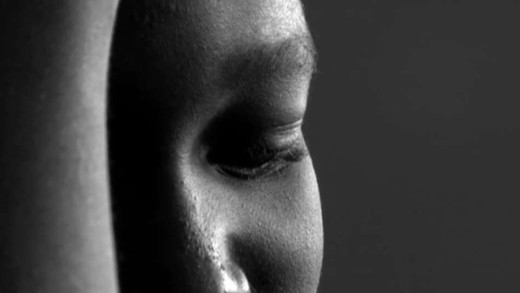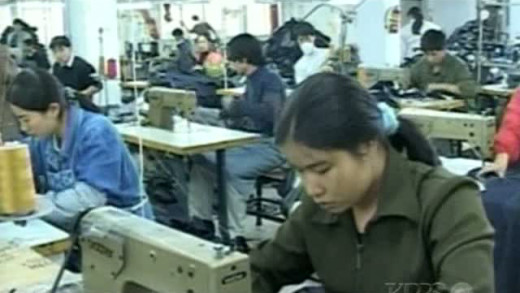During the 2019–2020 Hong Kong protests, after 6 months of ongoing actions, and with protesters facing escalating stakes from police shootings and other violent repression, students began to fortify a number of the city's major universities and occupy vital roads nearby. This lead to a peak moment in the protest movement--the siege of the Hong Kong Polytechnic University. Protesters gathered at the university to defend their roadblocks, while the police shot tear gas and used water cannons to shower the protesters with water containing blue colouring and chemical irritants. 1,458 canisters of tear gas were fired at protesters, as well as 1,391 rubber bullets, 325 bean bag rounds, and 256 sponge grenades. The city's hospitals were overwhelmed by the number of protesters needing urgent medical attention. Burn with Us documents a first-hand view of the conflict, and its results, in a fly-on-the-wall style.
Burned: Are Trees the New Coal? investigates the latest method of providing so-called "green" electricity, as espoused by the renewable energy movement. It's called biomass, which is a euphemism for clear-cutting and burning forests. It is claimed that this is first a sustainable method of electricity creation, but secondly, and more slanderous, is claimed to be carbon-neutral and environmentally friendly. So how did this become the purported saviour for the power-generation industry, and by extension, the modern environmental movement? Burned provides a visceral account of these questions, while documenting the accelerating destruction of forests to fuel this destructive culture.
Burning Question looks at the public debate surrounding global warming and explores the striking disconnect between a body of evidence from the world's most prominent scientists, and the maze of speculation, rhetorical posturing, and outright misinformation from politicians, PR specialists, and political pundits. Mixing a local focus on Ireland with insights from scientists and leaders from around the world, Burning Question serves as both a primer on climate science, and a penetrating analysis of media framing and perception management.
Burning The Future documents the devastating environmental and social impacts of coal mining specifically in West Virginia in the United States, where mountaintop removal mining has obliterated 1.4 million acres of mountains, polluted the groundwater, destroyed farm land and communities. The film follows a group of people directly affected by mining who venture to challenge the coal industry with the intent to protect mountains, save their families, and preserve life. However, their efforts are hampered by the systems that protect coal interests, the interests of business and industrial civilisation. This film shows the imperative need to fight back against powerful mining magnates, and how common legal channels of persuasion and reform simply do not exist. How do we stop these massive mining magnates from killing the world we live in?
Why have a real election when you can just buy the result? In Bush Family Fortunes, Greg Palast examines various aspects of the Presidency of George W. Bush, including the very controversial 2000 US Presidential 'election' and of course, the invasion of Iraq. What are the Bush family connections?
In 1992, Bhanwari Devi, an Indian social worker hailing from the Kumhar caste in rural Rajasthan, was gang-raped by upper caste men for having the temerity to intervene and stop the child-marriage of an infant. The subsequent acquittal of the accused in connivance with the State machinery outraged India and galvanized women’s activism that led to the Vishaka Guidelines, and subsequently, the Sexual Harassment of Women at Workplace Act in 2013. In this feature-length documentary shot by an all-women crew, Director Vaishnavi Sundar juxtaposes the law on paper with the ground realities, through this first-of-its-kind log of stories and experiences of over two dozen Indian women; tales of sexual violence that they face--from opulent corporate offices, to construction sites, to manual scavenging--and their fight for justice against an obstinate patriarchal State. But What Was She Wearing? attempts to portray the impotence of this law and the impossible odds Indian women are up against in pursuit of justice.
All over the world, species are going extinct at an extraordinary rate--currently around 250 per day--a scale never before seen. Call of Life investigates the growing threat to Earth’s life support systems from this unprecedented loss of biodiversity by exploring the causes, scope, and potential effects of this mass extinction. The film also looks beyond the immediate causes of the crisis to consider how our cultural and economic systems, along with deep-seated psychological and behavioral patterns, have allowed this situation to develop and be reinforced, and even determine our response to it. Call of Life tells the story of a crisis not only of nature, but also of human nature; a crisis more threatening than anything human beings have ever faced...
John Pilger travels to Cambodia to investigate how the United Nations has allowed the Khmer Rouge regime to grow stronger. Why has Pol Pot's organisation grown stronger and more menacing since the arrival of the UN? Cambodia -- Return To Year Zero looks behind the façade of the so-called 'peace process' and asks: Has the unthinkable for Cambodia at last been made acceptable for the rest of the world?
Cambodia -- The Betrayal is the fourth follow-up to John Pilger and David Munro's series on Cambodia, the film Year Ten from 1989, which examined the hypocrisy of western geopolitics by looking at the way in which the United Nations pressured Cambodia to accept the Khmer Rouge regime as part of the United Nations peace plan.
Cambodia -- Year One investigates the effect of aid to Cambodia and the extent of the country's so-called new found stability as in 1980. The film portrays Cambodia on a brink of famine and cultural annihilation, but in the process of recovery, also showing the continued support for the Khmer Rouge regime by China and the United Nations.
John Pilger once again travels to Cambodia to report on the brutality and murderous political ambitions of the Pol Pot and Khmer Rouge totalitarian regime which brought genocide and despair to the people of Cambodia; while neighbouring countries, including Australia and the United Nations shamefully ignored the immense human suffering and unspeakable crimes that bloodied the country...
Cambodia -- Year Ten Update examines the reactions of the British government and the United Nations to the international outcry over the situation in Cambodia.
Combining graphs and other visual examples in animation, this short film goes through the issues surrounding the collapse of industrial civilisation--by collating the interconnectedness of energy depletion, carrying capacity, population growth, peak natural resource extraction, and other issues with the problems of exponential economic growth on a finite planet. Can this current way of life continue? The film takes us through these problems and also examines some of the many flaws inherent in some proposed solutions, such as 'change-by-personal-consumer-choice', or the vague belief in technology as the deus ex machina to save the day. These serious problems need serious solutions and require a radical rethinking of this current way of life that cannot continue indefinitely. Time is short...
Can't Get You Out of My Head: An Emotional History of the Modern World is a six-part series that explores how modern society has arrived to the strange place it is today. The series traverses themes of love, power, money, corruption, the ghosts of empire, the history of China, opium and opioids, the strange roots of modern conspiracy theories, and the history of Artificial Intelligence and surveillance. The series deals with the rise of individualism and populism throughout history, and the failures of a wide range of resistance movements throughout time and various countries, pointing to how revolution has been subsumed in various ways by spectacle and culture, because of the way power has been forgotten or given away.
Decades of over-fishing by the global tuna industry have now pushed the final frontiers to the waters of Papua New Guinea. In the 1950s, commercial fishing was extracting 400,000 tons of tuna from the ocean. This number is now close to 4 million tons. And it comes at a high cost: a human one, now affecting the last places on Earth to receive the full impact of globalisation. Set in "the land of the unexpected," in the north-eastern part of Papua New Guinea, Canning Paradise follows the struggle of Indigenous tribes to protect their way of life, guarded by traditions dating back since the beginning of time. While many have lost hope, others are fighting for survival from the corrupt government and the omnicidal dominant culture.
The 2008 'financial crisis' was a systemic fraud in which wealthy finance capitalists stole trillions of public dollars all over the world. No one was jailed for this massive crime, the largest theft of public money in history. Instead, the rich forced working people across the globe to pay for their 'crisis' through punitive austerity programs that gutted public services and repealed workers' rights. Capitalism Is The Crisis shows and explains this fundamental functioning of the global economy, while visiting protests from around the world against it, revealing revolutionary paths for the future. Special attention is devoted to the current situation in Greece, the 2010 G20 Summit protest in Toronto Canada, and the remarkable surge of solidarity in Madison, Wisconsin.
It's been described as the boom that keeps on giving -- an export bonanza that will help Australia ride through a world-wide economic downturn. All across Australia, workers have left their jobs to make big money in the mining industry. In the rush to exploit vast natural resources, employers have all but set aside the idea of building and supporting communities, instead they pay big wages to fly-in, fly-out; drive-in, drive-out workers, encouraging them to work long shifts, leaving them with little reason to become part of a local community...
Catastroïka follows the global trend of privatisations in the past two decades, extrapolating the forthcoming results of the current sell-off in Greece, which has been demanded in order to face the country's enormous debts. Turning to the examples of London, Paris, Berlin, Moscow and Rome, Catastroïka predicts what will happen, if the model imposed in these areas is imported in a country under international financial tutelage...
David Attenborough asks three key questions: How and why did Darwin come up with his theory of evolution? Why do we think he was right? And why is it more important now than ever before?
Chasing Asylum
Chasing Asylum explores the human, political, financial and moral consequences of the Australian Government's "off-shore processing" immigration policy, which is the only country in the world to mandate indefinite detention for adults and children seeking asylum. Since this policy was restarted in 2001, it has grown into an internationally condemned, secretive regime. Inside the detention centres there have been violent deaths, suicides, horrific acts of self-harm, sexual abuse, and mass protests. Composed of footage secretly recorded inside Australia's offshore detention camps, and explored through the eye-witness accounts of social workers and support workers, Chasing Asylum presents the hidden offshore world, where governments choose detention over compassion, a system of depriving vulnerable people of their basic human rights, and spending huge amounts of money keeping it secret and out of the public eye. The result is a sobering overall picture of a system that asks its citizens to abide by rule of law, but shows little regard to do so itself.
Chasing Ice follows acclaimed nature photographer James Balog and his team on a bold assignment for National Geographic: to capture images of the arctic that reveal the extent of the Earth’s changing climate. The result is the Extreme Ice Survey. Spanning years of work and technical challenges, EIS shows the breathtaking icescapes of Alaska, Iceland and Greenland, providing undeniable evidence of a changing planet. Hauntingly beautiful images compress years into seconds, and capture ancient mountains of ice in motion as they disappear at a breathtaking rate. Chasing Ice also tells Balog's personal story of transformation, from climate change skeptic to activist, putting his own body on the line to tell the world what is happening through his and his team's imagery.
On April 26, 1986, the worst nuclear accident in history occurred when a reactor exploded at the Chernobyl nuclear power plant in Ukraine, releasing 90 times the radioactivity of the atomic bombs dropped on Hiroshima and Nagasaki. Sixteen years later, Chernobyl Heart travels to ground zero, following the devastating trail radiation leaves behind in hospitals, orphanages, mental asylums and evacuated villages. The film reveals those hardest hit by radiation, including thyroid cancer patients and children suffering from unfathomable congenital birth and heart defects, still decades later...
The oil industry giant Chevron began operating in Ecuador's Amazon rainforest in 1964, and by the time the corporation fled the area in 1992, their toxic footprint had brought about 1,700 times more damage than the infamous Exxon Valdez oil spill in the United States in 1989. Chevron vs. The Amazon visits the scene of this epic and enduring crime, to uncover the acts that have killed the riches of the world's tropical paradise. The Amazon is home to hundreds of thousands of unique species of plants, animals, insects, landscapes, as well as an equally diverse human population—all under severe and continued stress and threat. Chevron dumped 17 billion gallons of crude oil and 19 billions gallons of contaminated waste water into the Amazon. Prior to fleeing, they attempted to hide this by covering the areas with dirt or setting the toxic dumps on fire. This film shows the totality of these crimes, and how the land and its people have suffered from devastating impacts over the ensuing decades, as the first step to holding corporate criminals to account, for justice and the survival of the Amazon and its peoples.
Child Sex Trade USA travels through the United States to reveal the workings of a pervasive child sex trade, discovering that it is just as easy to 'buy a child' in the US as it is in Asia. 300,000 American children have been forced in to the sex industry, as of 2009, in the United States alone. This film presents a much needed analysis of the shocking cultural values that surround child abuse, paedophilia, human trafficking and prostitution; asking big questions of how, why, and what to do about it...
Child Slavery
Around 8.4 million children around the world are enslaved today. Child Slavery travels across three continents, focusing on five children and their stories...
Mental illness and suicide have become the greatest threats to school-aged children. Many parents still view dangers to children and teens as primarily physical and external, but they're missing the real danger: young people spending more time online and less time engaging in real life, free play, and autonomy. While older generations might have learned the value of being outside, household chores, and in-person playtime with friends, the youth of today have fallen prey to smartphones and video games. Childhood 2.0 is an exploration of this dramatic technological and cultural shift, where children and parents face the rise of social networks, mobile devices, and the screen culture, along with addiction, withdrawal, anxiety, depression, online abuse, bullying, the pervasiveness of pornography, sexting, the rise of online pedophilia and sexual predators, the loss of playtime, imagination and autonomy, and the rapid growth of suicide among children and teens. In addition to mental health professionals, the filmmakers speak with a series of concerned parents who have witnessed a profound transformation in their children, especially when placed in contrast to their own beginnings. Then there are the children themselves who speak to the overpowering allure of their devices, the pressures these devices place on them in their daily lives, and the challenge they face when they try to turn away from the screen.
Filmed over three years in the war-zone of northern Uganda, Children of War follows a group of former child soldiers as they escape the battlefield, enter a rehabilitation centre, and undergo a process of trauma recovery and emotional healing. Having been abducted from their homes and schools, and forced to become fighters by the Lord's Resistance Army--a militia led by self-proclaimed prophet and warlord Joseph Kony--the children struggle to confront and break through years of captivity, extreme religious indoctrination, and participation in war crimes with the help of a team of trauma counsellors. As fearless allies guide the children into new lives, Children of War illuminates a powerful and cathartic story of forgiveness and hope in the aftermath of horrific war.
China Blue
Shot clandestinely at a blue jeans factory in southern China where a young girl and her friends work around the clock for pennies a day, China Blue reveals what international retail companies don't want us to see: how the clothes are actually made...
